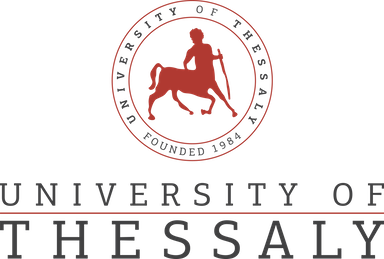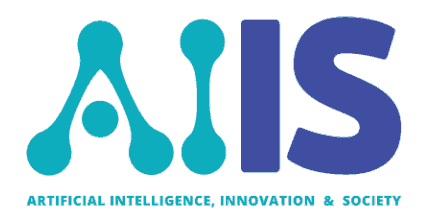Monday, November 28, 2022 / Blog post

Authors: Vasiliki Softa, Ira Alevra
The University of Thessaly in collaboration with the Department of Medical Physics participates in the consortium of the project "AIIS: Artificial Intelligence, Innovation and Society" where with the collaboration of Higher Education Institutions and specialized companies in the field of technology from 5 European countries, a new perspective is formed for studies and a career in the field of Medicine. The project, with a total duration of three years, is funded by the European Education, Audiovisual and Culture Executive Agency (EACEA) and aims to create an educational training program in Artificial Intelligence and Social Skills specially designed for medical students and taking into account the current needs of branch in Spain, Finland, Greece, the Netherlands and Belgium.
The project has been implemented since November 2020, where primary research began on the existing structure of Medical curricula in the countries participating in the project and their national education policy framework. The subject of the primary research with the use of questionnaires concerned whether the study programs foster, among other things, knowledge and skills in the field of artificial intelligence as well as horizontal-interdisciplinary skills. In addition to the academic context, the research also extended to the wider health and care sector, with the aim of mapping the current situation and highlighting the most important needs of the sector, which we could take action on through the project. The research sample consisted of medical students, as well as academics and health professionals, and the scope of their knowledge and skills in the main axes of the project, artificial intelligence and social skills were examined, among other things. The primary research was led by Mr. Konstantinos Kappas, Emeritus Professor of Medical Physics with his research team.
The most important conclusions obtained from the research process have been analyzed by the scientific team of the University of Thessaly with the cooperation of the project partners and will soon be available to the general public in an electronic publication entitled “Research on Training methods, Artificial Intelligence and soft skills in medicine studies”. As it emerged from the formulation of the main conclusions, artificial intelligence is not a separate axis in any curriculum and is usually embedded in many other traditionally taught fields, but without providing students with enough information and tools to understand its full spectrum. The integration of artificial intelligence in the field of Medical science is considered galloping, with more and more technological applications and related research advocating it. The need for further development of Medical curricula should also be supported by a similar policy framework for both university education and vocational education and training, which does not seem to exist in all the countries studied. In the case of Greece, the development of the AI strategy is primarily driven by the country's socio-economic priorities, such as economic development, digital transformation and the strengthening of EU values and fundamental rights. In the absence of the final version of the National Strategy , as this has not been published, it does not appear that the framework is particularly supportive for the project of curriculum transformation.
Regarding horizontal skills and their development through curricula, it seems that they are neglected in almost all the countries studied, with the exception of Belgium. The daily working life of healthcare professionals has changed radically after the experience of the pandemic and it is now necessary to focus on the development of skills such as team management, leadership, problem solving, etc. in order to normalize daily life both at work and in social life.
The valuable conclusions of the research have fueled the process of developing the training program that will bring a new range of possibilities for the next generation of Medicine in our country, with the cooperation of leading organizations and University institutions in Europe!


